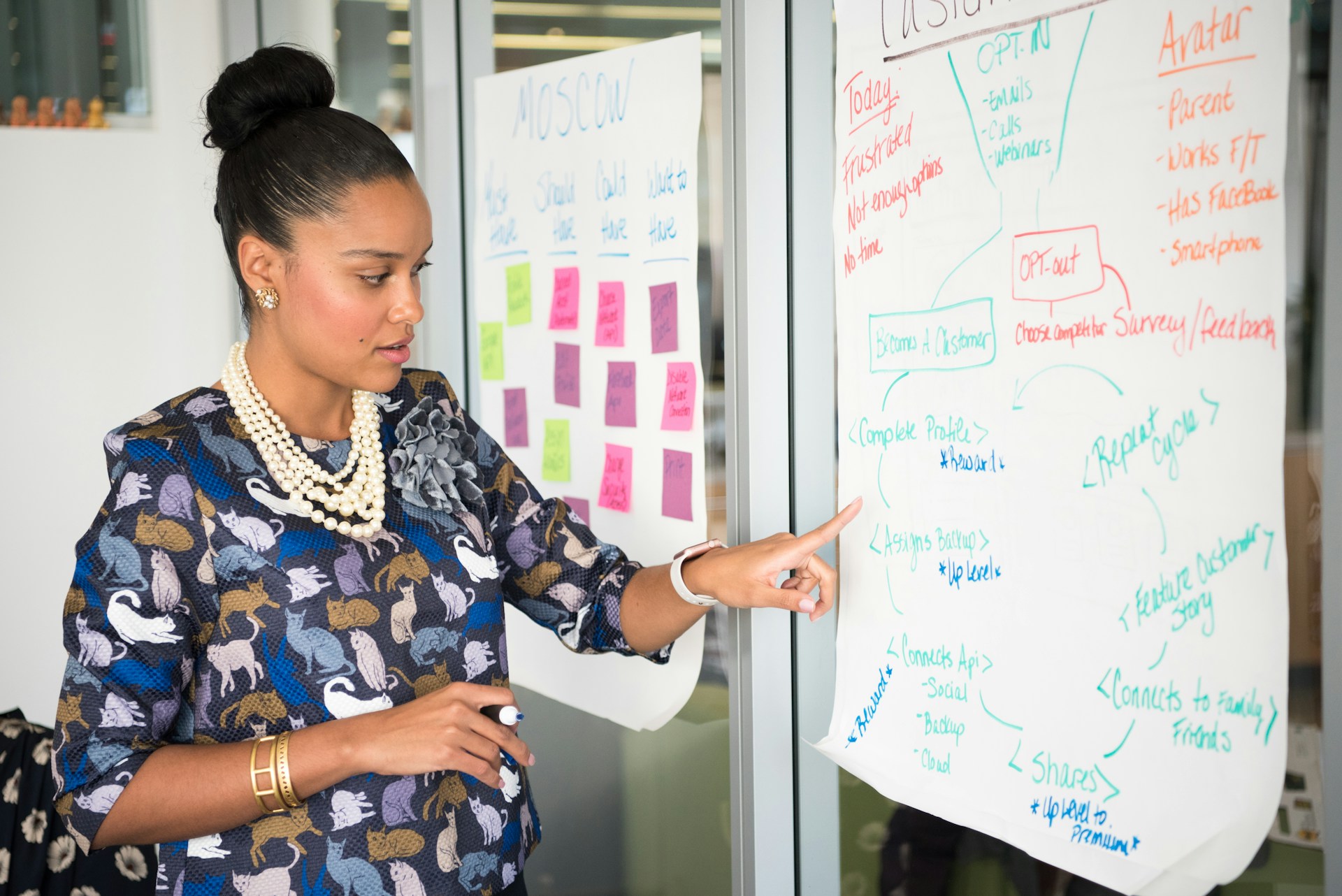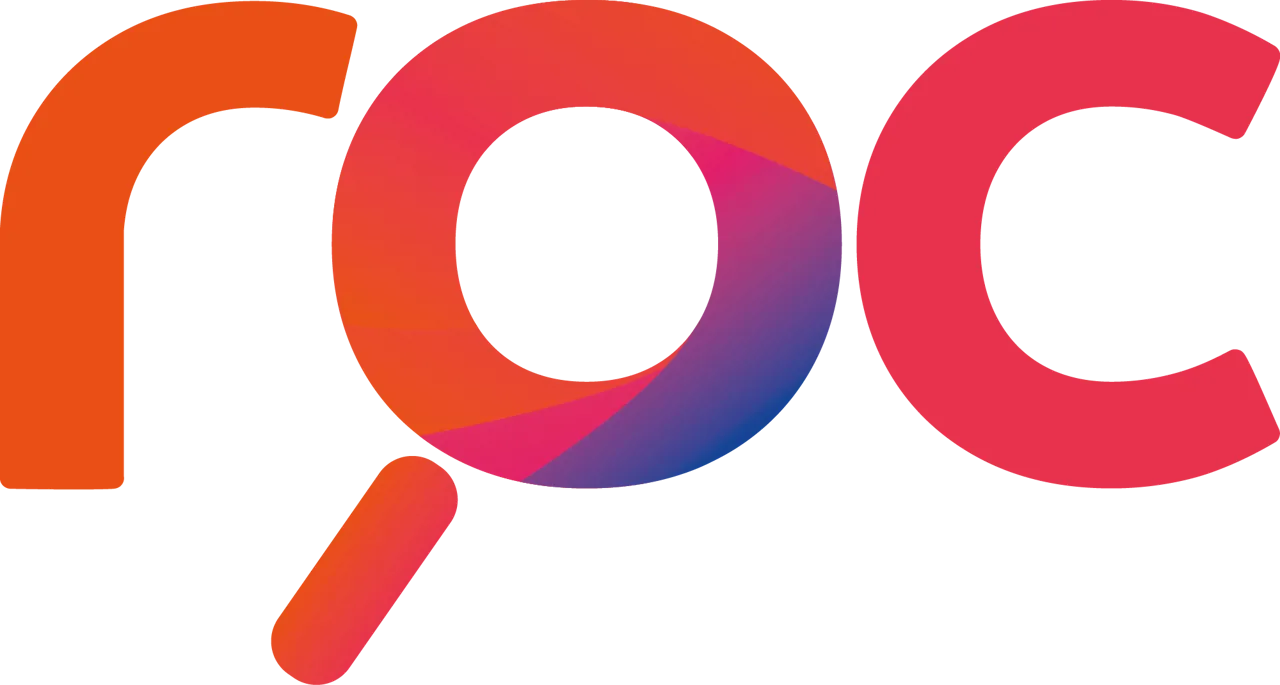Pathway to Advance From Junior to Senior Software Developer
30 Aug, 20248 minutesProgressing in your software developer career is both an exciting and challenging journey. F...

Progressing in your software developer career is both an exciting and challenging journey. Fresh from academic studies or self-taught endeavours, you’ll dive into the basics of coding, debugging, and learning from experienced mentors. As you progress from Junior to Senior Software Developer, your days will be filled with building advanced system architectures and overseeing large technical projects.
While a strong education and technical skills are beneficial, passion, continuous learning, and a willingness to tackle new challenges are your true keys to success.
In this guide, we will outline the software development career path. From Junior to Mid to Senior Software Developer jobs, we will dive into the technical and soft skills required for each role, as well as top tips and advice for advancing through each.
On that note, let’s begin with Junior Software Developers:
1. Becoming a Junior Software Developer
Junior Software Developers typically start their careers at the beginning of their careers, often transitioning from academic studies. To enter the field, a degree in computer science, software engineering, or a relevant area is usually preferred but not always necessary.
Junior Software Developers work on basic tasks such as writing code for simple features, fixing bugs, and learning from more experienced team members. Usually, they work under close supervision and are expected to follow established coding standards and practices.
Technical Skills
As a Junior Software Developer, your main focus will be on developing a strong base of technical skills. Here’s what you need to master:
- Basic Programming Languages - Proficiency in foundational programming languages such as JavaScript, Python, or Java is crucial. These languages form the basis for most development tasks and will be your primary software development tools for writing code.
- Version Control Systems - Familiarise yourself with version control systems. Learning to manage code changes, collaborate with others, and handle merges and conflicts is essential for modern software development. GitHub, GitLab, or Bitbucket are popular platforms that you should explore.
- Software Development Tools and Environments - Get comfortable with integrated development environments (IDEs) like Visual Studio Code, IntelliJ IDEA, or Eclipse. Understanding debugging tools and code linters will enhance your productivity and code quality.
- Basic Web Development - For many Junior Developers, grasping HTML, CSS, and basic JavaScript is important. These skills are foundational for web development and will help you understand how to build and style web pages.
Soft Skills
While technical skills are essential, soft skills are equally valuable in landing a successful career as a Junior Software Developer. To put it into perspective, around 79% of software developers believe that soft skills are equally important as technical skills in the role.
Some essential soft skills include:
- Problem-solving skills - While you may not have enhanced problem-solving skills, starting as a Junior Software Developer, it is good to have a standard methodological approach to debugging and troubleshooting.
- Communication - Strong communication skills are vital for working with team members to grasp project requirements and give and receive feedback.
- Time management - As you start handling tasks and projects, managing your time well will help you meet deadlines and balance multiple responsibilities.
- Willingness to learn - An eagerness to learn new software development tools, languages and frameworks is essential. To succeed and progress, it is important to approach challenges with curiosity and an open mind.
- Organisation skills - One of the most important soft skills for Junior Developers is strong organisation. Being able to juggle multiple tasks and complete work on time is essential.
Advice and Tips
Here are our top tips for progressing as a Junior Software Developer:
- Find a mentor - Partnering with experienced developers is a great way to gain guidance, feedback and support. Mentors can offer you advice on navigating your career path and moving up in the field.
- Join open-source and coding communities - Engage with online forums, local meetups, and developer communities. Platforms like Stack Overflow, Reddit’s programming subreddits, and GitHub are great platforms to connect with other developers and learn from their experiences.
- Work on personal projects - Building small projects or contributing to open-source projects can provide hands-on experience and enhance your portfolio. Focusing on projects that challenge you and align with your career interests can propel you forward in your career.
- Network - Attending conferences, industry events, and workshops related to software development is a great way to meet potential employers and other professionals and open doors to new career opportunities.
2. Transitioning to a Mid-Developer
As you progress from Junior to Mid-Developer, your responsibilities and skill sets will change. Moving from a Junior to a Mid-Developer involves taking on more complex coding tasks, participating in system design, and beginning to mentor junior team members.
Continued education in the form of certifications or advanced software development courses is beneficial. This transition typically requires 2-5 years of experience, a stronger understanding of multiple programming languages, and familiarity with software development methodologies.
Technical Skills
The essential technology skills for a Mid-Developer typically include:
- Advanced Programming - Highly skilled in designing patterns, algorithms, and data structures for effective problem-solving.
- Code Optimisation and Debugging - Ability to enhance performance and troubleshoot complex issues.
- Version Control - Proficiency with Git, including branching, merging, and conflict resolution.
- Testing - Writing unit tests and understanding test-driven development (TDD).
- System Design - Knowledge of scalable and maintainable system architecture and design patterns.
- Database Management - Competence in SQL and NoSQL databases, including design, indexing, and optimisation.
- API Development - Building and integrating RESTful and GraphQL APIs.
- DevOps and CI/CD - Familiarity with containerisation (Docker), orchestration (Kubernetes), and CI/CD pipeline maintenance.
- Security - Awareness of common vulnerabilities and application of security best practices.
Soft Skills
Like most jobs, having interpersonal and soft skills is essential in thriving within any career. Vital soft skills as a Mid-Developer include:
- Communication - Presenting ideas, technical concepts, and project updates to team members, stakeholders, and non-technical audiences.
- Collaboration - Working effectively within a team, contributing to group discussions, and being open to feedback and different perspectives.
- Problem-solving - Approaching challenges methodically, thinking critically, and finding creative solutions to technical issues.
- Adaptability - Adjusting to new software development tools, technologies, and processes as needed and being open to continuous learning and improvement.
- Time Management - Prioritising tasks, meeting deadlines, and managing workload efficiently to ensure project goals are met.
- Mentorship - Guiding Junior Developers, providing constructive feedback, and building a supportive learning environment.
- Accountability - Being accountable for your own work and following through on commitments and tasks.
Advice and Tips
If you’re wanting to progress as a Mid-Developer, consider the following tips:
- Continuous learning - Set personal development goals, regularly seek feedback and remain adaptable to industry advancements. As we previously mentioned, engaging in relevant online software development courses, workshops, and conferences is essential to staying ahead in the field.
- Build on leadership skills - Take a proactive approach, ask to lead code reviews, and provide constructive feedback. Offer to take on mentorship roles to guide Junior Developers and develop project management skills by managing small projects.
- Master communication and collaboration - Practice explaining complex concepts to team members and external stakeholders. Get involved in building a collaborative team environment using tools such as Slack and Microsoft Teams.
- Advance your technical skills further - Broaden your knowledge by diving into advanced DevOps skills, building on tools such as GitLab Cl, Circle Cl and Jenkins. Mastering the fundamentals, such as system design principles and advanced algorithms and data structures, is also crucial for progression.
3. Progressing to Senior Software Developer
When transitioning from the role of Mid to Senior Software Developer, your role will become more focused on overseeing the technical focus as a whole. Rather than solely handling coding tasks and leading projects, you will be expected to align solutions with business goals and offer a strong strategic impact.
According to a Tenure survey, around 69% of Senior Software Developers have earned a bachelor’s degree, and 23% have a Master’s. While strong experience is essential, a strong educational background and evidence of higher education are advantageous in progressing to Senior Software Developer.
Technical Skills
Having the correct technical skills that are in line with the role of a Senior Software Developer is crucial in ensuring you progress in your career. These can include:
- Advanced System Architecture - Design and implement scalable architectures such as microservices and distributed systems.
- In-depth Performance Optimisation - Analyse and optimise code and system performance, resolving complex issues.
- Leadership in Code Quality - Lead code reviews, enforce best practices and manage overall code refactoring.
- Complex CI/CD Pipelines - Design and maintain sophisticated CI/CD pipelines with advanced software development tools and automation.
- Expertise in Cloud Platforms - Manage and optimise cloud infrastructure, including advanced deployment, scaling, and cost management.
- Advanced Database Management - Experts in designing and optimising large-scale databases, including more complex queries and performance tuning.
Soft Skills
As a confident leader in software development, you must possess the following soft skills:
- Leadership and Mentorship - Guide and mentor Junior Software Developers, lead technical teams, and provide constructive feedback.
- Strategic Thinking - Align technical decisions with business goals and contribute to long-term planning and project vision.
- Effective Communication - Articulate complex technical concepts for non-technical stakeholders and facilitate clear and efficient team communication.
- Problem-Solving and Decision-Making - Address and resolve high-impact technical challenges and make informed decisions under pressure.
- Collaboration and Teamwork - Build a collaborative environment, manage cross-functional teams, and coordinate with various departments.
- Project Management - Oversee project timelines, manage resources, and ensure successful delivery of projects while balancing competing priorities.
Advice and Tips
Ultimately, progressing as a Senior Software Developer and thriving within the role requires a proactive approach to continuous learning and development.
Here are some top tips for progressing as a Senior Software Developer:
- Engage in Continuous Learning - Pursue advanced certifications relevant to Senior Software Developer jobs, such as system architecture or cloud platforms.
- Network and Build Professional Relationships - Attend senior-level industry conferences and specialised meetups, join professional organisations for Senior Software Developers, and engage in online communities to exchange insights.
- Develop Strategic Thinking and Business Acumen - Deepen your understanding of how your technical contributions align with and drive your company’s business goals, and actively participate in strategic planning sessions.
- Enhance Leadership and Mentoring Skills - Take on more responsibility in mentoring Junior and Mid Developers, lead technical teams, and seek out mentorship from other Senior Software Developers to refine your leadership capabilities and grow into the role.
- Improve Communication and Collaboration - Master the ability to present complex technical concepts to non-technical stakeholders clearly.
To learn how you can use LinkedIn to elevate your job search, discover our insightful guide - LinkedIn Strategies for Landing Software Development Jobs.

Final Word: Pathway to Advance From Junior to Senior Developer
As you journey from a Junior to a Senior Software Developer, remember that growth in this field is as much about refining your technical skills as it is about developing your leadership and strategic thinking abilities. Each stage in your career brings new challenges and opportunities to learn, from mastering basic coding practices as a Junior Software Developer to overseeing complex system architectures and aligning technical solutions with business goals.
Continuous learning is vital at every level, but as you progress, it’s equally important to gain soft skills such as communication, collaboration, and mentorship. Interpersonal skills will not only enhance your ability to work within a team but also position you as a leader who can guide others and make strategic decisions that impact the broader organisation.
Ultimately, the path from Junior to Senior Software Developer is one of continuous evolution. By embracing each step of the process with a commitment to learning, a proactive approach to challenges, and a focus on both technical and soft skills, you can navigate this journey successfully and achieve long-term success in your software development career.
Experts in Connecting Candidates to Ideal Software Developer Jobs
Ready to take the next step in your software development career? Our recruitment agency specialises in connecting talented developers with the best companies, helping you find the perfect role to match your expertise and career goals.
Whether you're just starting out or looking to advance to a senior position, our expert team will guide you through the process. We provide personalised support and industry insights to help you achieve your career ambitions.
Let us be your partner in progress - contact us today to explore new opportunities!





